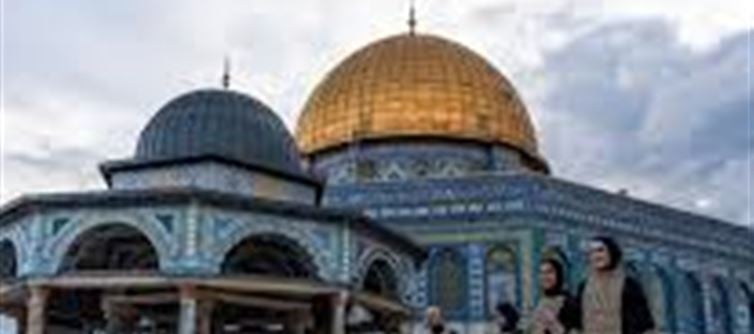
A new record has been set with 68,000 Jews visiting the Temple Mount in Jerusalem during the past Jewish year, marking the highest number of Jewish visits to the sacred site on record. This milestone was announced by an organization dedicated to strengthening Jewish ties to the temple Mount, highlighting the growing significance of the site in Jewish religious and cultural life.
Key Highlights:
· Record Visits: The 68,000 figure represents a substantial increase in Jewish visits to the temple Mount, signaling a shift in religious engagement with the site.
· Temple Mount’s Significance: The temple Mount is one of the holiest sites in Judaism. It is believed to be the location of the First and Second Jewish Temples, making it central to Jewish history and spirituality.
· Jewish Ties to the Site: The organization behind the announcement emphasized the increasing importance of strengthening Jewish connection to the temple Mount, which has been a point of religious and political sensitivity due to its location in East Jerusalem.
What the Increase Represents:
1. Religious Resurgence: The rise in Jewish visits reflects a growing interest in reconnecting with Jewish heritage and spirituality. It’s seen as part of a broader trend of religious revival within Jewish communities.
2. Historical and Political Context: The temple Mount is not only a religious site but also a political flashpoint. Its control and access are heavily contested, with Muslim authorities overseeing the site, and tensions occasionally arising due to security or religious concerns.
3. Changing Attitudes: The increase in Jewish visitors could indicate a shift in attitudes toward the site, with more Jewish worshippers seeking to assert their presence at this historically significant location.
Future Implications:
The record-breaking number of visitors underscores the growing religious, political, and cultural importance of the temple Mount in the Jewish world. However, this also raises questions about the sensitive political landscape surrounding the site and how future developments may affect the broader Israeli-Palestinian conflict.
The organization's efforts to strengthen Jewish ties to the temple Mount are likely to continue, but they will also need to navigate the complexities of maintaining religious freedoms while managing the security concerns and political tensions associated with the site.
Disclaimer:
The views and opinions expressed in this article are those of the author and do not necessarily reflect the official policy or position of any agency, organization, employer, or company. All information provided is for general informational purposes only. While every effort has been made to ensure accuracy, we make no representations or warranties of any kind, express or implied, about the completeness, reliability, or suitability of the information contained herein. Readers are advised to verify facts and seek professional advice where necessary. Any reliance placed on such information is strictly at the reader’s own risk.
.jpg)




 click and follow Indiaherald WhatsApp channel
click and follow Indiaherald WhatsApp channel